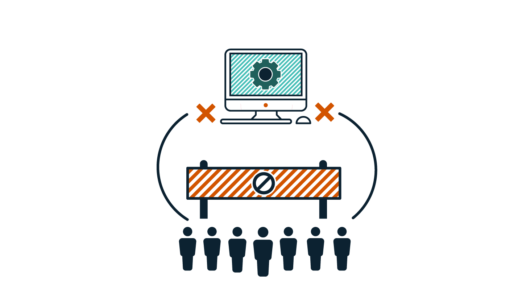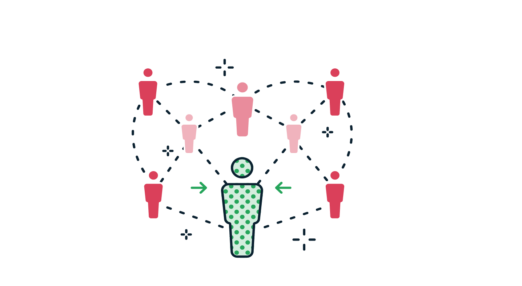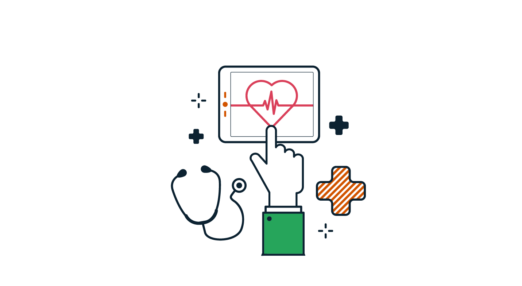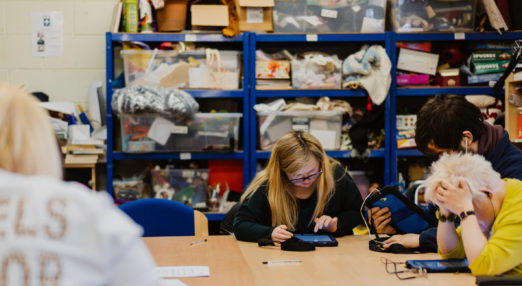Digital exclusion and health inequalities
Supported by the Health Foundation, this briefing paper provides an overview of digital exclusion and its relationship to health, social and economic aspects of people’s lives.

17% of over 65 years old said they lacked a suitable device to download a COVID-19 contact tracing app (Health Foundation 2020)

66% of all adults had never used the internet or apps to manage their health before the COVID-19 pandemic (Lloyds 2020)

19% of people booked GP appointments online in 2020 (GP Patient Survey 2020)
To support the Health Foundation’s COVID-19 impact inquiry, Good Things Foundation, the Health Foundation and the King’s Fund joined to convene a diverse group of people with a shared interest in tackling digital exclusion and health inequalities. Meeting almost a year after the start of the first national lockdown, there was no doubt about the importance of the issue or the challenges to overcome.
But the workshop was also an opportunity to make and strengthen connections, and share experience on promising approaches, opportunities and how to achieve sustained and inclusive change.
This paper gives an overview of digital exclusion and its relationship to health, social and economic aspects of people’s lives; who is affected; how the pandemic has impacted on this; and what responses we have seen.
Find out more
-

Health and wellbeing
People without digital skills are the group already most likely to experience health inequalities – it’s clear there’s a growing need to increase digital health literacy and skills....
-

Digital Inclusion in Health and Care
COVID-19 has changed the dial on digital and its role in health and care settings meaning the lessons learned and shared in this report could not be more...
